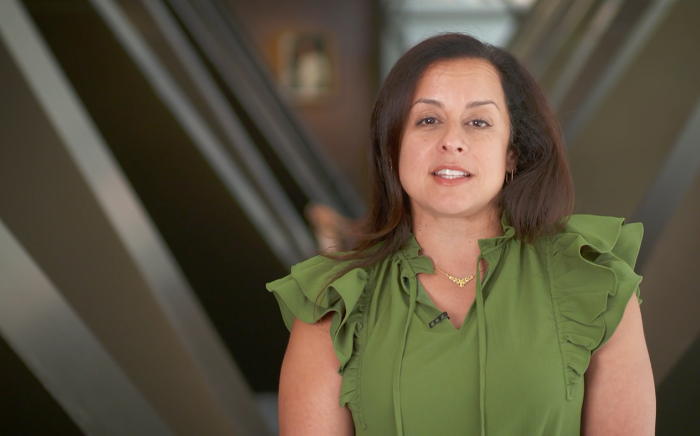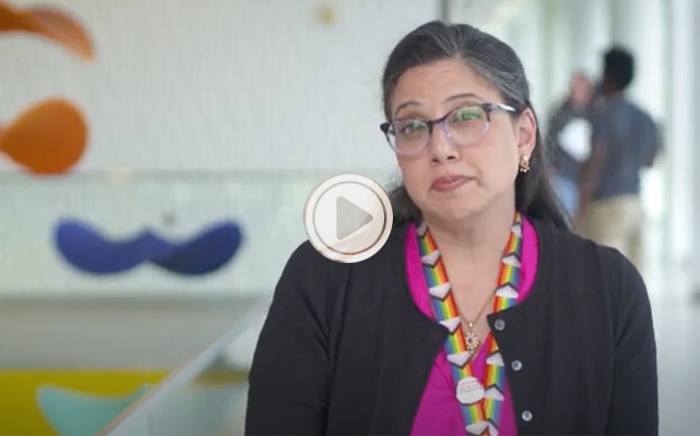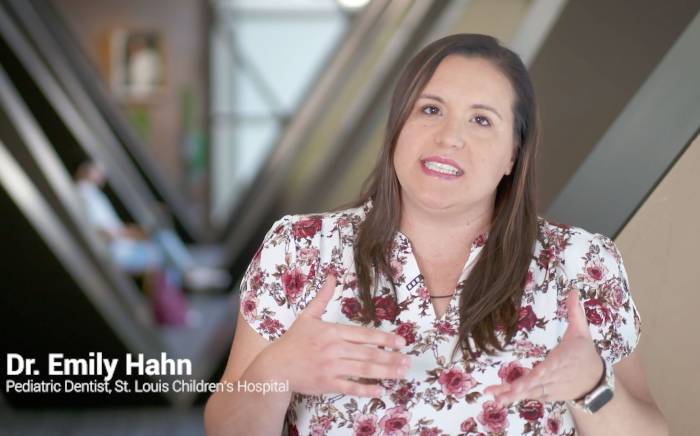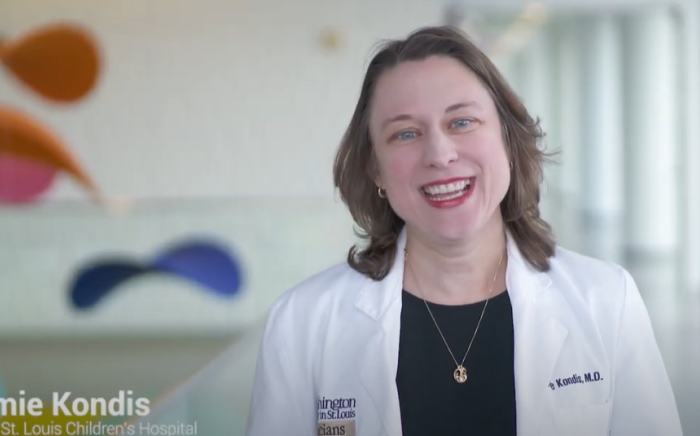Phone -- 314.454.6000, Chaplain on-call pager
At St. Louis Children’s Hospital “We do what is right for kids.” Doing the right thing is often simple and clear. We find the medical problem and we do all we can to heal, to comfort, and make life better for our young patients and their families. But sometimes doing the right thing isn’t easy, simple or clear. In addition to medical questions, families and caregivers sometimes have moral or ethical issues. These come up when it is not clear what is "right" – the question is what should be done, not what can be done.
Most of the time, even hard questions are answered through open and honest talking between children, parents and their health care professionals. When we don't all agree, it can be useful to ask for help. In order to provide such help with some of these problems, the St. Louis Children's Hospital Medical Ethics Subcommittee* is here.
What is the Medical Ethics Subcommittee?
The Medical Ethics Subcommittee is a group of doctors, nurses, hospital administrators, lawyers, social workers, chaplains, parents and education specialists from the hospital community.
What does the Medical Ethics Subcommittee do?
The Medical Ethics Subcommittee:
- Helps families and medical teams understand and make choices when doing the right thing is not always clear. The subcommittee works with everyone on the case to help come to an agreement about what is best for the patient. All discussions are kept confidential.
- Reviews policies.
- Teaches the medical and hospital staffs about ethics.
What does the Medical Ethics Subcommittee NOT do?
- The subcommittee does not force anyone to do anything; it may recommend things to do or not do. The attending doctor and family (and child if old enough) always make the final choice.
- The subcommittee does not answer questions about hospital policy.
- The subcommittee does not handle complaints.
- The subcommittee does not evaluate professional behavior.
What kinds of problems does the Medical Ethics Subcommittee talk about?
- What to do when we can no longer help a child get better – when care is "futile"
- What to do when helping may also hurt the child – weighing benefits and burdens
- When to stop or start some treatments – questions of withholding or withdrawing therapy
- What people really want for a child – their values, goals and expectations
When should you request a consult?
Children can end up with very complex medical problems with no one right solution. Not everyone has training in ethics, but everyone has their own sense of right and wrong. If what is happening with a child somehow seems wrong, you should not keep it inside. If you are a parent, you should first talk with your child's caregivers. If you are a professional, talk with your patient, their family, and the other professionals involved. Trust your feelings, instincts, and intuition. If there are conflicts, questions, or your discussions get stuck, the Medical Ethics Subcommittee may be able to help.
Who can ask for an ethics consult?
- Any staff member of the hospital or physician on the medical staff
- Any immediate family member or guardian
- Any patient
How do you make a consult request?
If there is an urgent need for a consult, the chaplain on-call should be paged at 314.360.1871. The chaplain on-call or any subcommittee member may be contacted for less urgent requests. A list of subcommittee members is available by calling the Medical Staff Office at 314.454.6088.
What happens when a consult is asked for?
Upon getting a request for a consult, a subcommittee member will talk to the person making the request and decide the type of consult needed.
- If the issue is whether something is right or wrong, or there is conflict about what is best for a child, the subcommittee member will talk to all those involved in the child’s care (doctors, nurses, parents, etc.) to hear their view. Next, a meeting is arranged with a team of subcommittee members and everyone involved with the child's care, including the parents or guardians and caregivers, to discuss the options. The ethics team may need some private time to talk about the issue, but will offer a recommendation that they will discuss with all involved. They also will write their recommendation in the child’s chart.
- If the issue is not related to a specific child, but more a need to discuss the morality or ethics of a situation, the member of the Ethics Subcommittee will arrange for moral counseling or education.
- If the issue is a communication problem, or another type of problem best handled by someone other than the Ethics subcommittee, the individual will be referred to the proper resource.
* It is called the Medical Ethics Subcommittee, because it is a subcommittee of the Children's Medical Executive Committee, the medical staff leadership group for the hospital.












